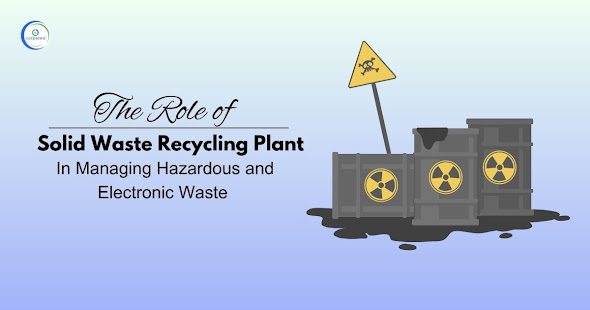Impact of Maharashtra Pollution Licenses on Sustainable Development

Introduction to Maharashtra Pollution Licenses Maharashtra, one of India's most industrialized states, faces significant environmental challenges due to rapid urbanization and industrial growth. In response, the Maharashtra Pollution Control Board (MPCB) plays a crucial role in regulating and mitigating the adverse environmental impacts caused by industries. One of the primary tools employed by the MPCB is the issuance of pollution licenses, which are instrumental in ensuring sustainable development. Understanding the Role of the Maharashtra Pollution Control Board The Maharashtra Pollution Control Board operates as the apex body responsible for granting pollution licenses, monitoring compliance, and enforcing environmental regulations. Its primary role involves assessing the potential environmental impact of proposed industrial activities and ensuring that stringent pollution control measures are in place before granting licenses. The board collaborates with businesses to provi...



